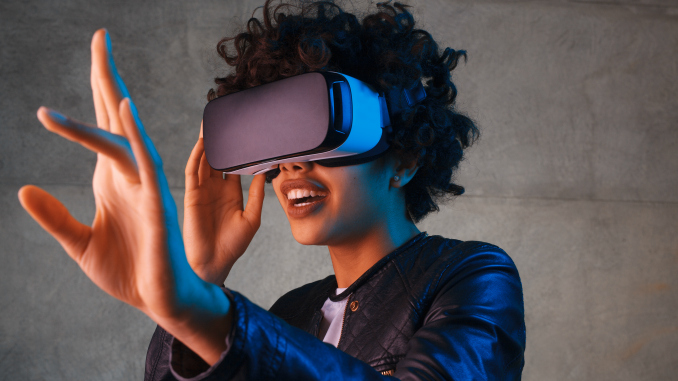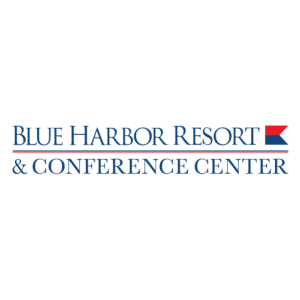New Research Shows Planners Are Struggling with Event Technology
11/14/2019
A new research study found that 47% of event planners say they have limited skills to make confident, informed decisions around their event tech investments, despite holding responsibility for it in the majority of organizations. The survey also found that an overwhelming 91% of organizers say event tech is an important aspect of their job, but only 48% consider themselves to be tech-savvy.
The research study, titled “Are Event Planners Struggling with Event Technology?,” was conducted by Eventsforce in October, and is based on the views of more than 145 event professionals based in the U.S. and the UK, representing corporations, associations, government and educational institutions, professional conference organizers and event management agencies.
Importance of Event Tech in Event Planning
One of the main objectives of the study was to investigate the importance of event tech in the role of the event planner and identify some of the challenges they face when managing event technology. The findings show that 46% of those surveyed say event tech plays a very important part in their work as an event planner, while 68% believe being a tech expert is key for job success. Another 30% believe that event tech skills are essential for their career progression.
Despite the importance of event tech, however, only 48% of organizers see themselves as tech-savvy. Another 75% also struggle to keep up with trends and new products in the market. The results show that conversations with peers and colleagues is the most popular way event professionals try to keep up with event tech (78%), followed by industry blogs/news sites (50%), and trade shows and conferences (48%).
Challenges of Managing Event Tech
The Eventsforce study looked at some of the challenges event planners currently face when managing event tech for their organizations. The biggest issue for 65% of organizers is the time it takes to complete the procurement, implementation and integration process of their event technology systems. Other challenges include getting people to use the tech across their organization (54%), limited skills to make confident investment decisions (47%) and managing the migration process from one system to another (42%).
The survey also looked at which event technology tools organizers most struggle with. Data management topped the list at 47%, followed by livestreaming (34%), event apps (32%) and event management software (30%).
“The challenges of managing event tech are not going to go away for organizers — especially when you look at things like data management, reporting and analytics, and the increasing use of tech tools that help them collect an enormous amount of data on their events and attendees,” commented George Sirius, CEO of Eventsforce.
“Our research shows, however, that organizers don’t necessarily have the time nor skills to tackle this head on — paving the way for a new event technologist role in our industry: An event professional whose job is to focus exclusively on all things event tech. Though the requirement of this role can vary from one event organization to another, it is something we are starting to see more of — particularly across agencies and corporate organizations.”
The Future of Event Tech
The Eventsforce study found that 56% of event planners see the emergence of a new event technologist role in the industry — though 82% claim that organizers should be the ones to hold responsibility and accountability for their organization’s event tech investments. The results also show that only 22% of organizers are confident that the next generation of event professionals (for example, fresh graduates) have the tech skills they need in the job.
The research study also looked at some of the new emerging tech that organizers are keen to use around their events in the future. Mixed reality platforms like augmented reality (AR) and virtual reality (VR) topped the list at 50%, followed by artificial intelligence (AI)-enabled solutions that promote more personalized attendee experiences like chatbots and networking tools (43%). Others include smart wearables, facial recognition, 5G connectivity and holograms.











